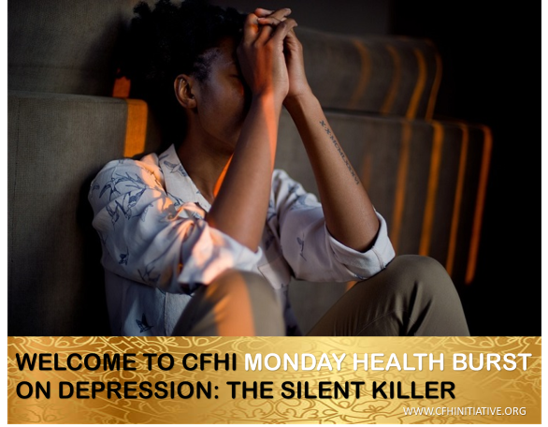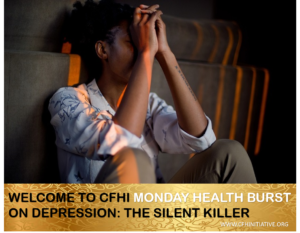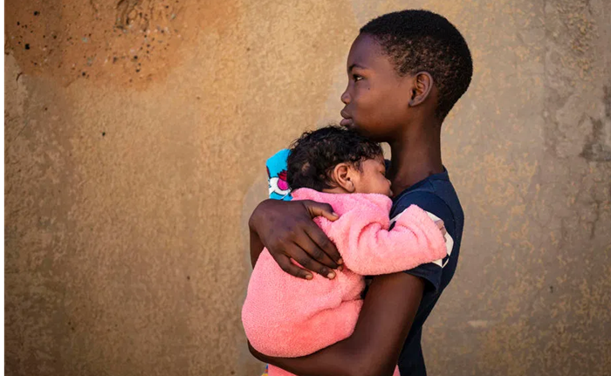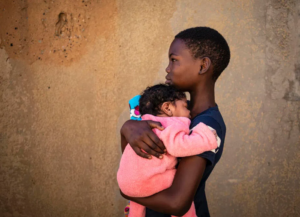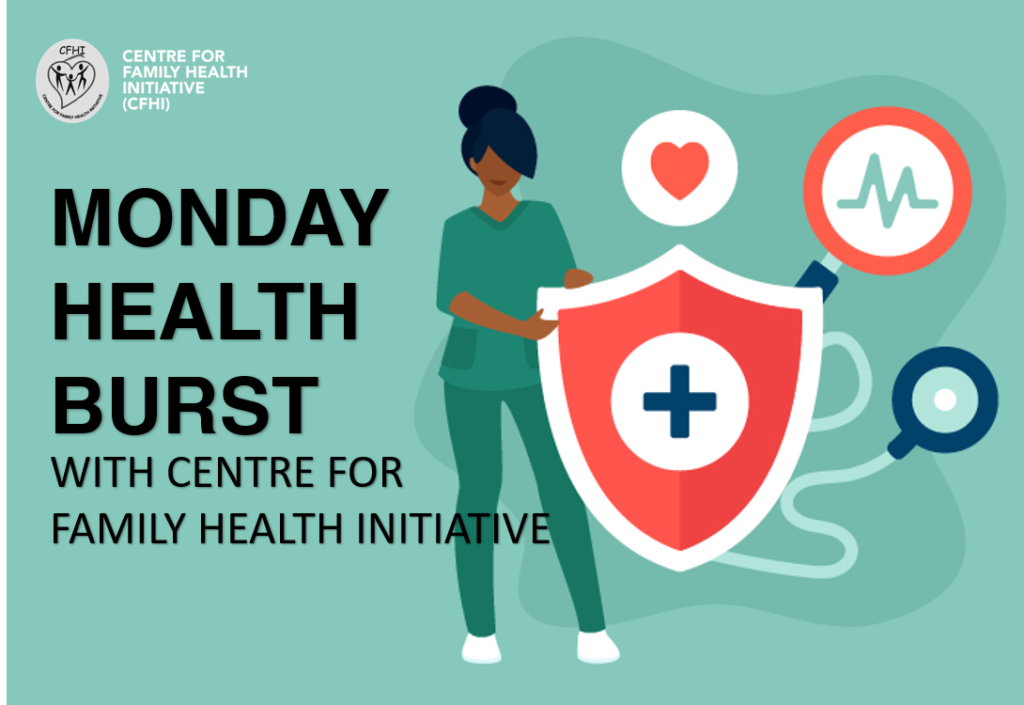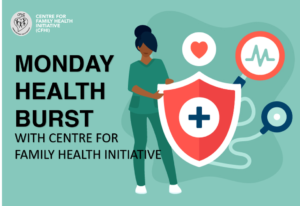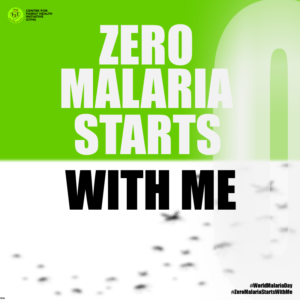MONDAY HEALTH BURST
MONDAY HEALTH BURST – MENTAL HEALTH
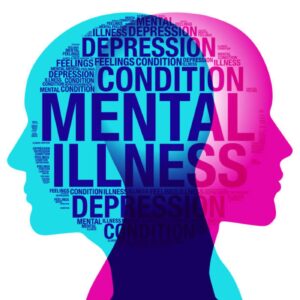
Mental health according to Oxford Dictionary refers to “a person’s condition with regard to their psychological and emotional well-being.” Wikipedia also defines mental health as “The level of psychological well-being or an absence of mental illness”.
According to World Health Organization (WHO), one in four Nigerians (about 50 million people) are suffering from some sort of mental illness, and as the seventh largest country in the world, Nigeria has Africa’s highest caseload of depression, and ranks 15th in the world in the frequency of suicide. Also, WHO stated in December 2016 that less than 10% of mentally ill Nigerians have access to psychiatrists or health workers.
Mental health issues include and are not limited to mood disorders, psychotic disorder, suicidal thoughts and behaviours, anxiety disorder, post traumatic stress disorder, autism, attention deficit and hyperactivity disorder, eating disorders, personality disorders and many more. Factors that affect mental health can be grouped into biological factors (genetic or heredity factors, injury to the brain, deficits of the brain cause during development in pregnancy and during birth, infection, substance abuse and poor nutrition), psychological factors (emotional and physical trauma, neglect and abandonment) and social factors (poor social interaction, verbal abuse, severe stress or being overworked). These and more are root causes of mental illness according to several reports.
There are some important signs of mental illness that can be observed like prolonged periods of grief, sadness or irritability, extreme highs or low mood swings, increased level of fear, anxiety or worry, withdrawal from society, dramatic changes in daily life habits like eating, exercising, sleeping, and more. When these signs occur, it is important to seek help from a health worker or a psychiatrist because early diagnosis and treatment are essential to speedy recovery.
Maintaining a positive mental health can also be achieved by regular exercise, eating balanced and healthy meals, opening up to people when in tough situations, taking a break when needed, reflecting on beautiful memories or something you are grateful for, and sound sleep. These can help reduce drastically the burden of mental illness in the society.
Monday Health Burst is an initiative of Centre for Family Health Initiative (CFHI) to tackle issues of basic health concerns. Join us every Monday for more health related articles on all our social media platforms.
MONDAY HEALTH BURST Read More »


